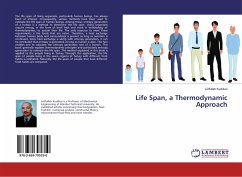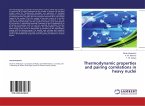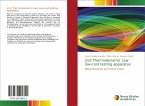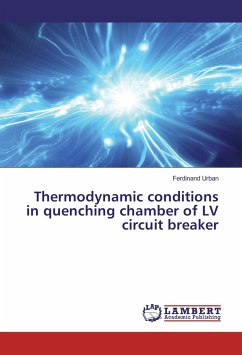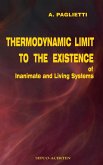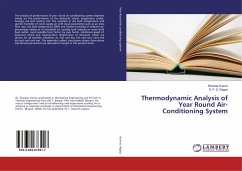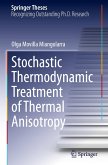The life span of living organisms, particularly human beings, has always been of interest. Consequently, various methods have been used to estimate the life span of human beings. Among these, entropy generation of a human is a method to determine the life span. Living organisms require energy, in the form of both heat and work in terminology of thermodynamics, to sustain their life. The only resource to meet these requirements is the foods that are eaten. Therefore, a heat exchange between human body and surroundings is present as long as nutrition is continued. Since heat exchange is along with entropy generation, it can be concluded that entropy is generated as long as human is alive. This fact enables one to calculate the entropy generation rate of a human. This book generally explains thermodynamic principles and particularly entropy generation to estimate the life span. The method explained in this book is applied to the people living in Turkey. Through this application, the life span of people living in the seven regions of Turkey with different food habits is estimated. Naturally, the life spans of people that have different food habits are compared.
Hinweis: Dieser Artikel kann nur an eine deutsche Lieferadresse ausgeliefert werden.
Hinweis: Dieser Artikel kann nur an eine deutsche Lieferadresse ausgeliefert werden.

